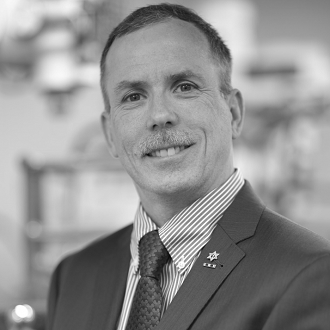 Human Engineering Research Laboratories (HERL) Registry
Human Engineering Research Laboratories (HERL) Registry
STUDY BASICS
Do you use an assistive device like a wheelchair, scooter, prosthesis (artificial limb), or cane? Are you interested in learning about research related to assistive technology? If so, you may be able to join the Human Engineering Research Laboratories (HERL) Registry. Participants will be informed of current and future research studies, but are not obligated to participate in a research study.
STUDY PURPOSE
A research registry is a list of individuals who volunteer to provide information about themselves and agree to be contacted about future research opportunities. The purpose of the Human Engineering Research Laboratories (HERL) Registry is to collect information from people who are interested in learning more about current and future research studies related to assistive technologies like wheelchairs, scooters, and prosthetic devices.
COULD THIS STUDY BE RIGHT FOR YOU?
- Ages 18 and up
- Use any type of assistive device such as a wheelchair, scooter, prosthesis (artificial limb), cane, etc.
- Willing to be contacted about any current or future research studies
WHAT PARTICIPANTS CAN EXPECT
Participation involves filling out a brief questionnaire that asks for your contact information, demographic information, and information on your use of assistive devices. By providing this information, you will give your permission for the staff members of the HERL Registry to contact you about current or future research studies in which you may be interested. Participants are not compensated for joining the HERL Registry. If participants choose to join a study that they hear about through HERL, compensation may or may not be provided for that specific study.
IRB: STUDY20040375
- Human Engineering Research Laboratories Assistive Technology RegistryMEET THE RESEARCHER

Rory Cooper
Rory Cooper, PhD, is Distinguished Professor of the Department of Rehabilitation Science and Technology at the University of Pittsburgh. A graduate of The University of California at Santa Barbara, Dr. Cooper’s research interests include improving the lives of people with disabilities through advanced engineering in clinical research and medical rehabilitation.
 https://pittplusme.org/study/1104
https://pittplusme.org/study/1104